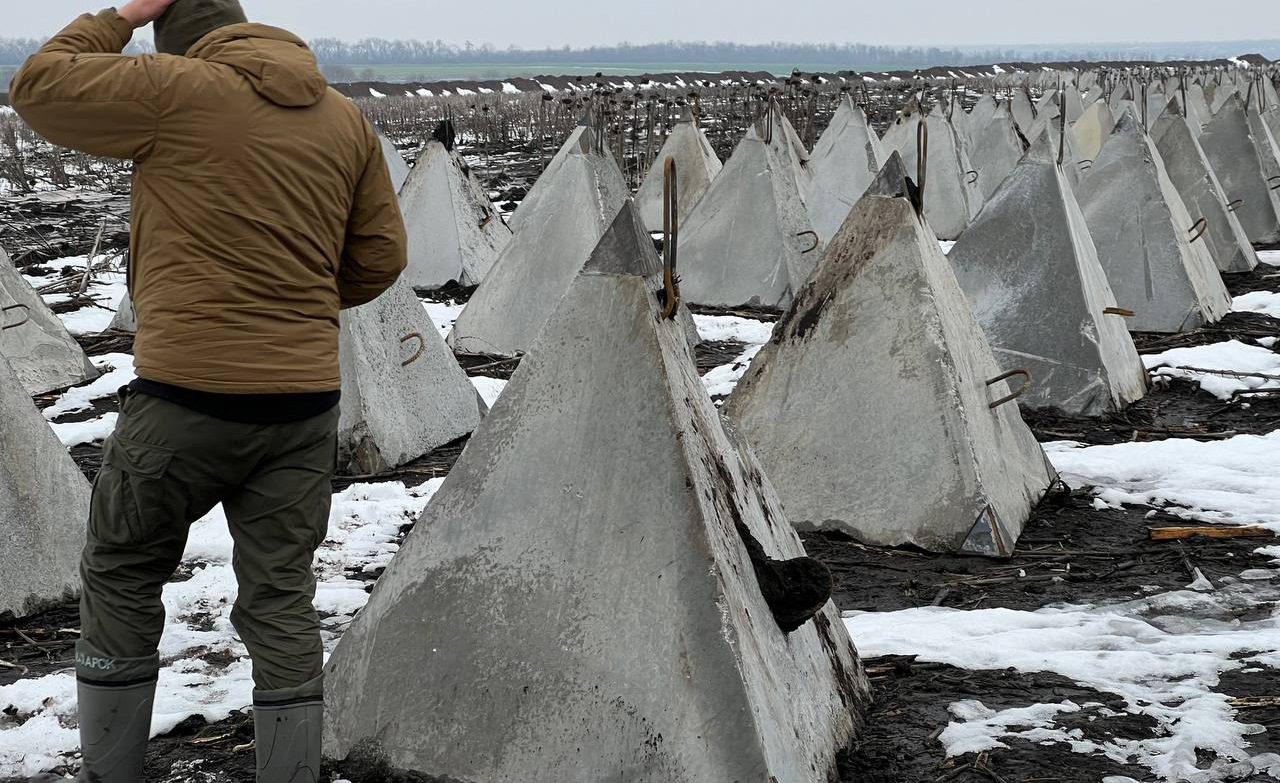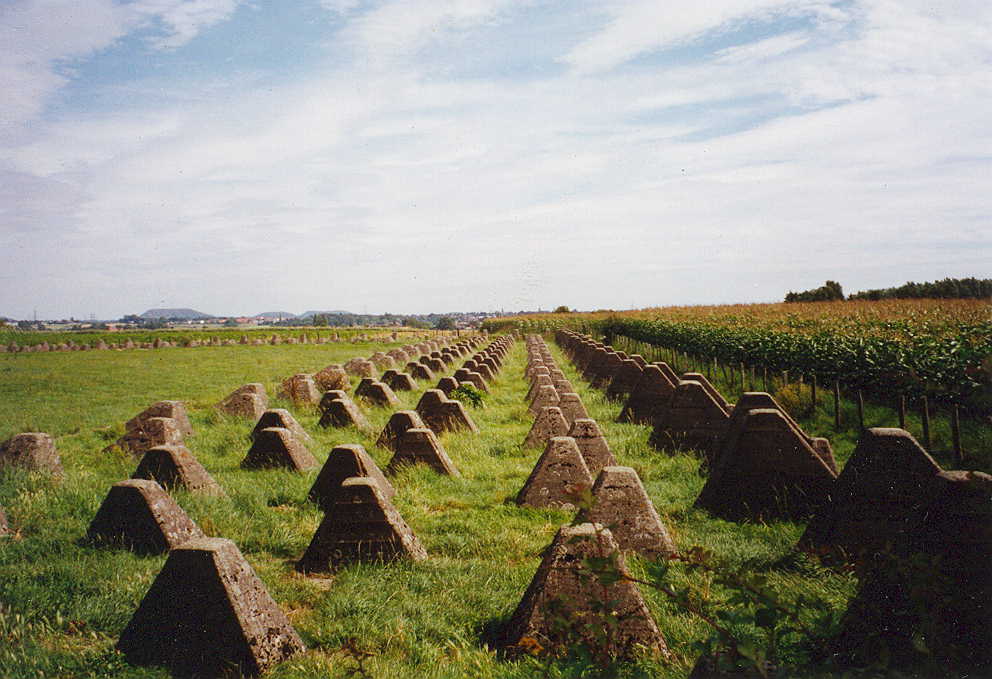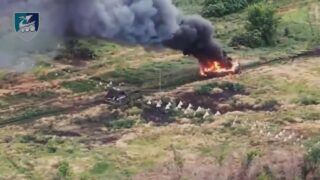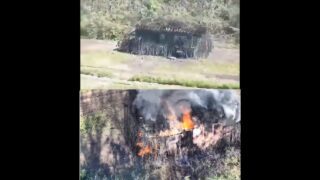
Russian drivers killed in Kursk Oblast by ”mystery concrete pyramids”
According to reports on Russian social media channels, “someone” has been placing dragon’s teeth (concrete anti-tank obstacles) on roads in the Kursk Oblast at night.
This development underscores the complex and evolving nature of the conflict, where unconventional tactics and possible internal sabotage are creating additional hazards for Russian troops beyond direct engagement with Ukrainian forces. The situation also reveals potential communication breakdowns within Russian ranks and the effectiveness of asymmetric warfare.
As reported by WarTranslated on X, these roads are used by Russian soldiers attempting to flee from Ukrainian FPV (first-person view) drones.
It’s claimed that within 24 hours, 40 people were killed, and an equal number were wounded due to these obstacles.
A witness described the danger: “I was driving back and almost crashed into them. Didn’t want to risk the fields in the dark, so I took the road. I barely avoided the second set.“
Frustration is growing among soldiers, with one remarking, “In just a few days, we’ve had more casualties, including irrecoverable losses, from these damn dragon’s teeth than from enemy drones!”
Forbes writes that military drivers take these roads close at high speed to avoid attacks by the FPV drones, which chase down vehicles going to and from the front line. Some drivers are reportedly traveling at 90 mph when they suddenly encounter a row of concrete blocks across the road.
These pyramidal obstacles were widely used during the Second World War, specifically as anti-tank obstacles. They are made of solid concrete and typically 3-4 feet high. They are widely used in the current conflict both in field defenses and as road blocks. A line of dragon’s teeth will stop any vehicles, including tanks, from using a road until they are cleared.

The natural assumption is that being behind Russian lines, the dragon’s teeth were placed by Russian forces as an extra line of defense, but the unit which positioned them failed to inform others of their action. However, the lack of warning signs suggests they were intentionally placed to do harm.
If the obstacles are not being placed by the Russians, then the most likely candidates would be sabotage groups or partisans working behind the lines. Anti-Putin groups are increasingly organized and effective, but they typically move fast and strike quickly. An operation to transport and position massive concrete obstacles in the presence of Russian forces seems unlikely.
Ukraine already has other ways of closing roads from the air. Earlier this year there were many reports of drones dropping caltrops, spiked metal objects which burst tires, on to roads at night.
Both sides also use drones to drop small anti-personnel mines on roads. These will not wreck vehicles like an anti-tank mine, but are powerful enough to destroy a tire and leave a vehicle immobilized for FPVs or bomber drones to finish off.
WarTranslated quotes Russian sources saying that roads in the Kursk Oblast have also been mines and seeded with booby-traps disguised as logs, assumed to have been dropped by drone.
On 16 October, messages on social media surfaced, noting that the practice has spread to other areas close to the front, including the Zaporizhzhia and Kherson Oblasts.
Related:










